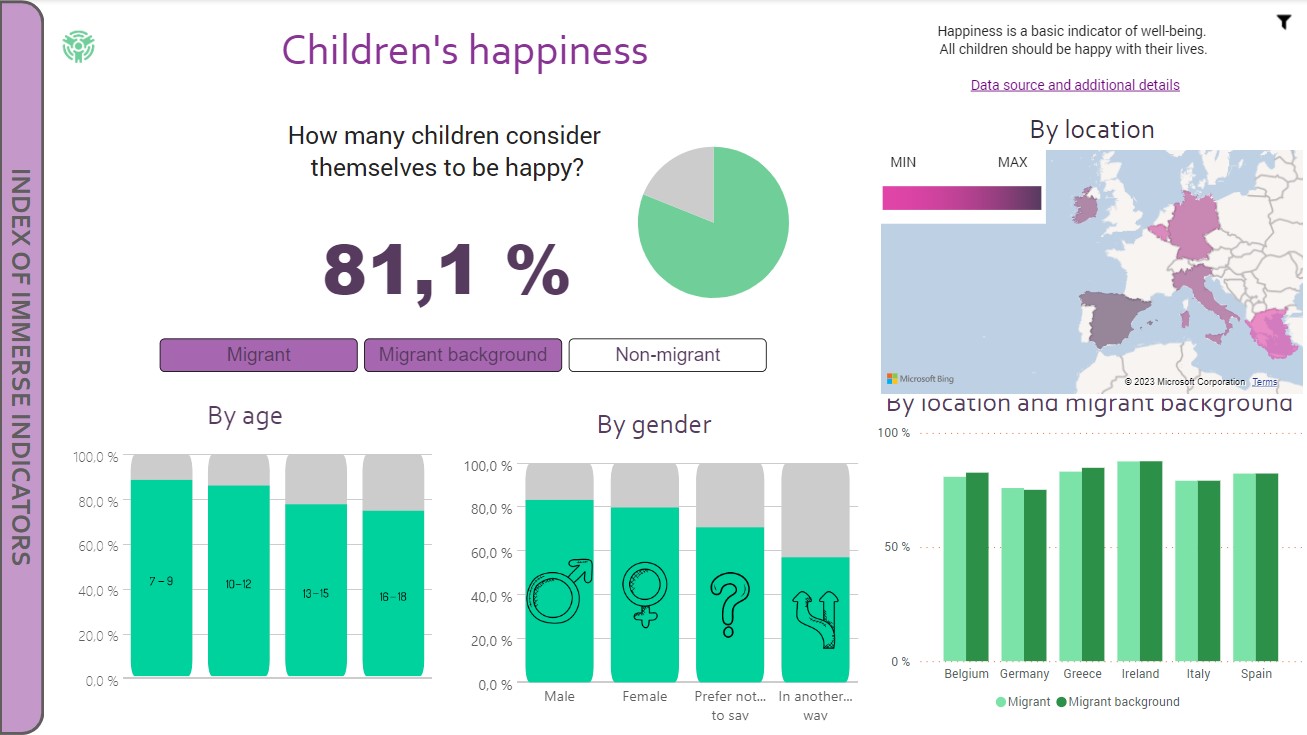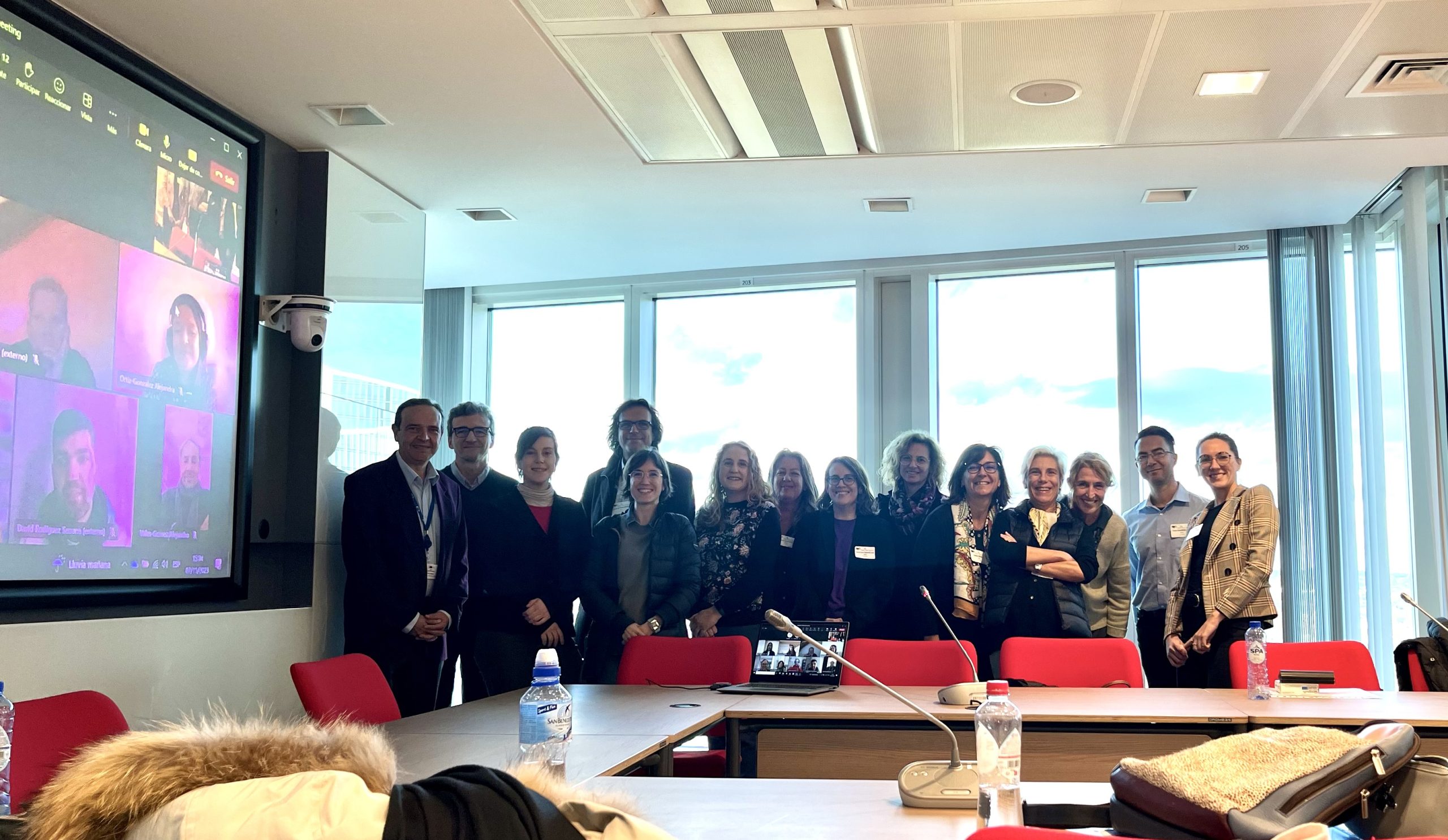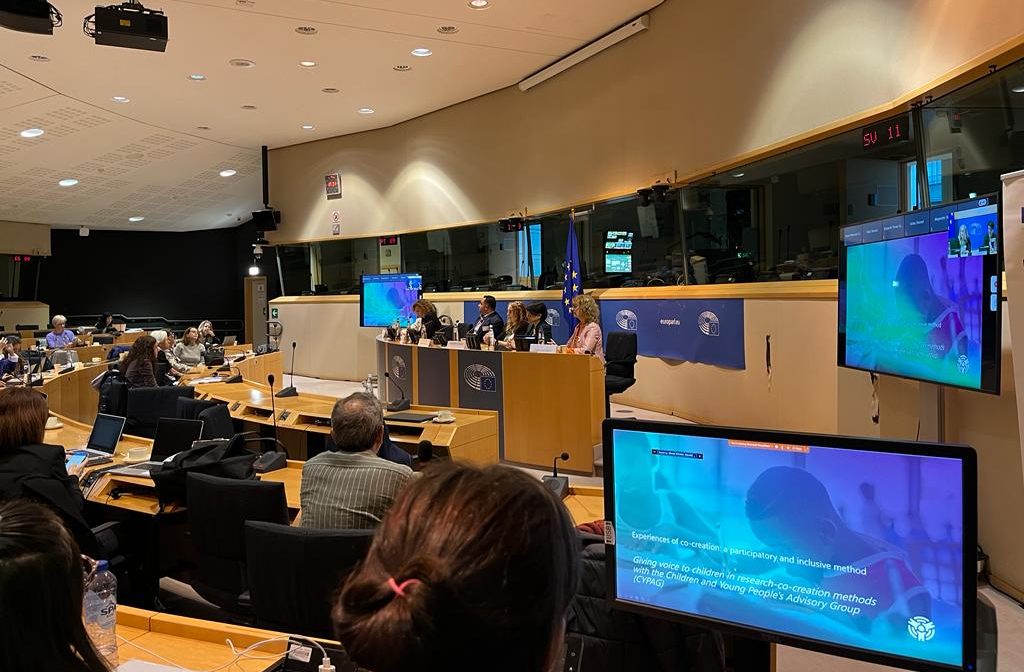Description
The overall objective of the programme was to welcome and ensure the positive integration of 15 Rohingya refugee families in Carlow. Community integration saw the development of a range of community initiatives: sports, leadership training, women’s empowerment, art projects, theatre, World Hijab Day, the drafting of a cookery book, informal network supports, and a pre-school summer camp. Community and education integration supports for children and young people were developed in order to ensure their participation, full integration across education levels and sense of belonging within the community. Emphasis was placed on the development of relationships of trust and belonging, and the integration of the families into the wider community, taking their level of spoken English, family support, gender, age-related and individual needs and preferences into account. A collaborative approach among all stakeholders and support services was adopted: an interagency steering group was established to co-ordinate services and a network of befrienders was created to help welcome the Rohingya families and give them assistance with day-to-day life in town. The project was implemented in 2008 – 2011 (UNHCR Resettlement Programme) and 2011 – Current (SICAP, Social Inclusion and Community Activation Plan, Carlow Integration Forum) in Carlow Town.
- Access to compulsory education
- Children maintain their cultural identity while adopting new cultural values and intercultural competences
- Children remain in (formal) education beyond compulsory levels / Access to (formal) non-compulsory education
- Children's academic skills
- Children's competence in host language
- Children's legal status
- Children's life satisfaction / happiness
- Children's sense of belonging
- Friends and peers (bridges)
- Friends and peers (support)
- Institutions
- Teachers
- Types & levels of (formal) non-compulsory education attended
Evaluation ex post
This resettlement programme, under the auspices of the UNHCR and the Department of Justice had a specific time frame while local bodies ensured continuing support thereafter. Ensuring resettlement across the community involved the co-operation of multiple agencies. Provision of clear and current data on the background of home country contexts is essential in preparing host community understanding. Ongoing and repeated opportunities to access information on host country financial and other support initiatives is recommended, as is attention to the more specific needs of, women, men, teenagers and younger children. While initially issues arose for children in participating in education, flexibility and openness to change helped overcome barriers.
The Carlow Rohingya Resettlement Programme Final Report is available at the following link.
http://catherines.ie/wp-content/uploads/2017/11/3.-CRRP-ERF-2010-2012-Final-Evaluation.pdf
Projects’ deliverables
A further publication, Ten Years of Rohingya Resettlement in Carlow Carlow County Development Partnership, recounts the process, approach, lessons learnt through the programme and its associated initiatives (see attached document "Rohingya Carlow").
Reproducibility
This is a contextually based initiative, involving co-operation across a range of community and education groups and organisations. Close analysis of the report/communications and relationship building in order to inform dialogue and relationship building with local stakeholders are necessary foundations in seeking to replicate in different contextual locations.
Motivation for the submission
This submission demonstrates the importance of viewing the child and young person through the perspective of the community context. It highlights the importance also of identifying individual and group members within the community in developing practices of integration. In identifying to the educational support needs of children, the role of local measures and community involvement is highlighed. Thus, sustainable integration across the children's educational, family and community lives is fostered.
Additional comments
Further developments of this community resettlement initiative include the publication of a cook book in 2015 which was produced in conjunction with the Rohingya community in Carlow. The Carlow Integration Forum continues to have a social media presence (see link 1 above), where belonging and cultural diversity is celebrated and where Rohingya cultural heritage is valued. Rohingya Action Ireland is another forum where the ongoing work of community relationship building and trust continues to be fostered (see link 2 above). Young Rohingya continue their education and deepen their belonging in the community, through the formal school participation and onto further and higher education through the continued support of St Catherine’s Community Services, with the first student currently participating at Level 7 standard.


